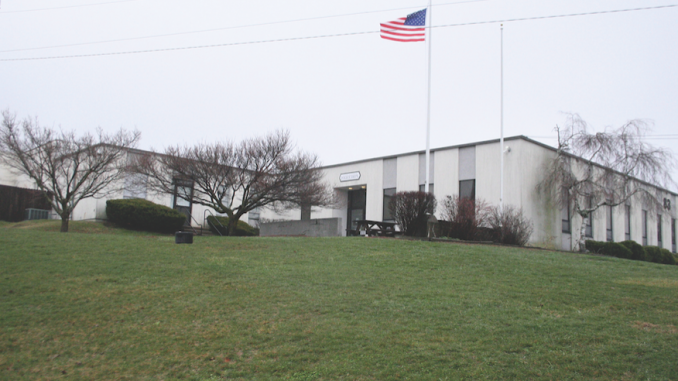
The Town of New Paltz might be taking a further step in reassuring the safety of immigrants with a similar approach to that of neighboring cities Newburgh and Kingston. Following a law that was crafted by Attorney General Eric Schneiderman and has already been implemented by several other municipalities, New Paltz Town Deputy Supervisor Dan Torres proposed the introduction of the draft locally at a town board meeting.
Presently, the town of New Paltz is a de facto “sanctuary city” ensuring that a person’s immigration status is not in question until there is evidence of violent felony, explained New Paltz Police Chief Joe Snyder.
“The only time in the past that we would make any notification or follow up regarding immigration is when there was a violent felony issue involved and the suspect/defendant was potentially here in the United States undocumented,” he said. “We may also make notification if we have contact with someone that shows that they were already deported due to past history.”
Despite the apparent community approval of such a law, Snyder explained that law enforcement would not be much different than it is as of right now.
“We will continue to handle [it] as we do now; our agency does not have a facility to detain so that is not an issue for us,” he said. “I don’t think this will change anything for how we conduct business today.”
The proposal of this law follows the detainment of 37-year-old New Paltz resident Joel Guerrero who is currently being held in Hudson County, New Jersey by ICE. Guerrero’s detainment is the result of a missed routine court date in 2011 which demoted his status of permanent green card holder to “temporary immigrant.”
Torres took to citing this as the focal point for inspiration in the impending proposal.
“After the detainment of a New Paltz resident by ICE, I received many responses from the community in regards to fear of losing loved ones, friends, neighbors, etc.,” he said. “Many people believe that the adoption of this law will make the area unsafe, when in reality, it will do the exact opposite; by ensuring that one’s immigration status is not in question, people will be more inclined to cooperate and call the police line if they are the victim or witness of a crime.”
According to Torres, the response from the community in regards to the proposal has been overwhelmingly positive.
“The vast majority are in favor of it and those who aren’t haven’t read the law or are offended by the term ‘sanctuary city,’” Torres said.
Torres further divulged that “sanctuary city” is not a legal definition and pointed out that New Paltz is not, in fact, a city.
“I understand why the term comes up but the connotation behind the term leads to confusion of the law,” he said. “Essentially, we are proposing that as a municipal government it is not our role to fulfill the enforcement of the federal government. We are taking away the ability of ICE to coordinate with our local law enforcement without warrant, without evidence of violent felony or without someone having come back after prior deportation.”
Community members took to Facebook to vocalize their opinions of codifying the law.
Some claimed to “have mixed feelings,” questioning whether the new presidential administration would target “sanctuary cities.”
Torres promptly replied and explained that the administration would have a difficult time in doing so with local police assistance.
Facebook user Catherine Joyner posted, “I am 100% for this, I thought New Paltz already was a sanctuary city! The more cities that stand up to this administration the better off we all are!”
Torres relieved the worries of some online users who were not comfortable with New Paltz being called a sanctuary city, “I don’t use the phrase ‘sanctuary’; it has no legal standing and has become a buzzword this year like ‘Obamacare’ was in 2010.”
A public hearing will be held on Thursday, April 6 to further discuss the law. If passed, after the approval of three council members to adopt the law, the law will be put in effect as soon as possible after being processed through New York State.
